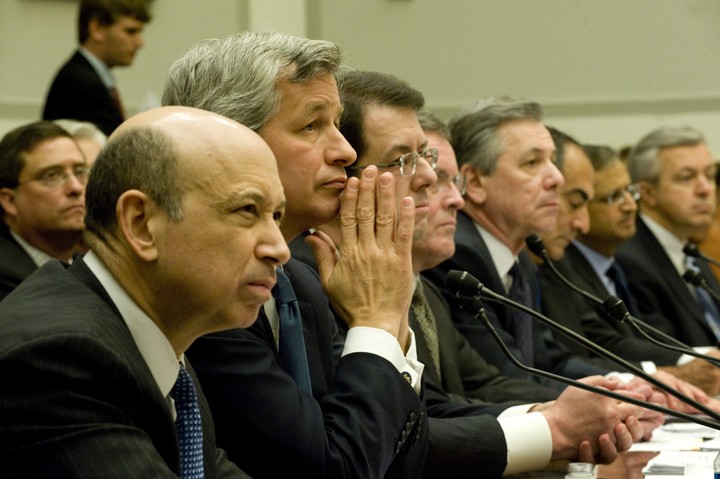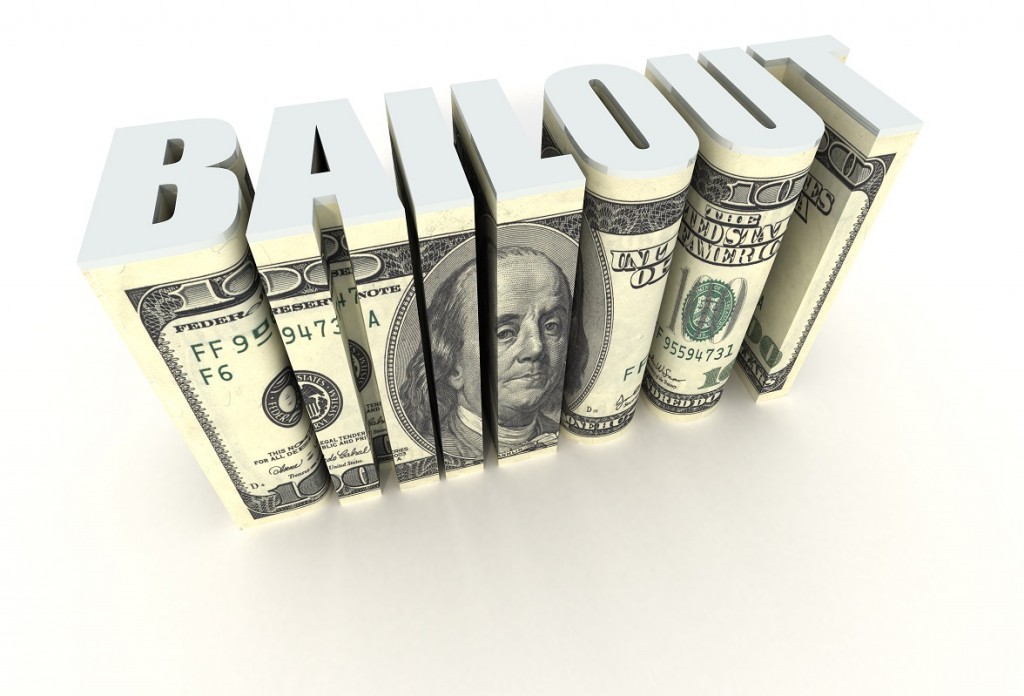The Real Confrontation Is Yet To Come
There has been a spate of articles recently on the ten year anniversary of the financial collapse. We wrote about this anniversary two weeks ago, describing the cause of the collapse and the reasons why we are still at risk for another one. Now, we look at how the aftermath of the collapse is shaping current politics, people’s views on the economic system and the conflict that lies ahead to create an economy for the 21st Century.
The Aftershocks Of The Collapse Are Still Being Felt
Jerome Roos of ROAR Magazine writes that the response to the 2008 crash – bailing out the banks but not the people – led to unrest across the globe, beginning with the Arab Spring, and a growing anti-capitalist sentiment. He goes on to say, “It has recently begun to consolidate itself in the form of vibrant grassroots movements, progressive political formations and explicitly socialist candidacies that collectively seek to challenge the untrammeled power and privileges of the ‘1 percent’ from below.”
The stagnant economy, austerity measures and resulting increased debt have opened a space for people to search for and try out alternative economic structures that are more democratic. They have also created conditions for a rise of nationalism on the right. Roos concludes that the “real confrontation is yet to come.”
In the United States, the economic conditions have revived populist movements on both the right and the left. Gareth Porter explains the Democratic and Republican parties are aware of the great dissatisfaction with their failed policies and know they need to try to appease the public by trying new policies, but they don’t know how.
…click on the above link to read the rest of the article…







